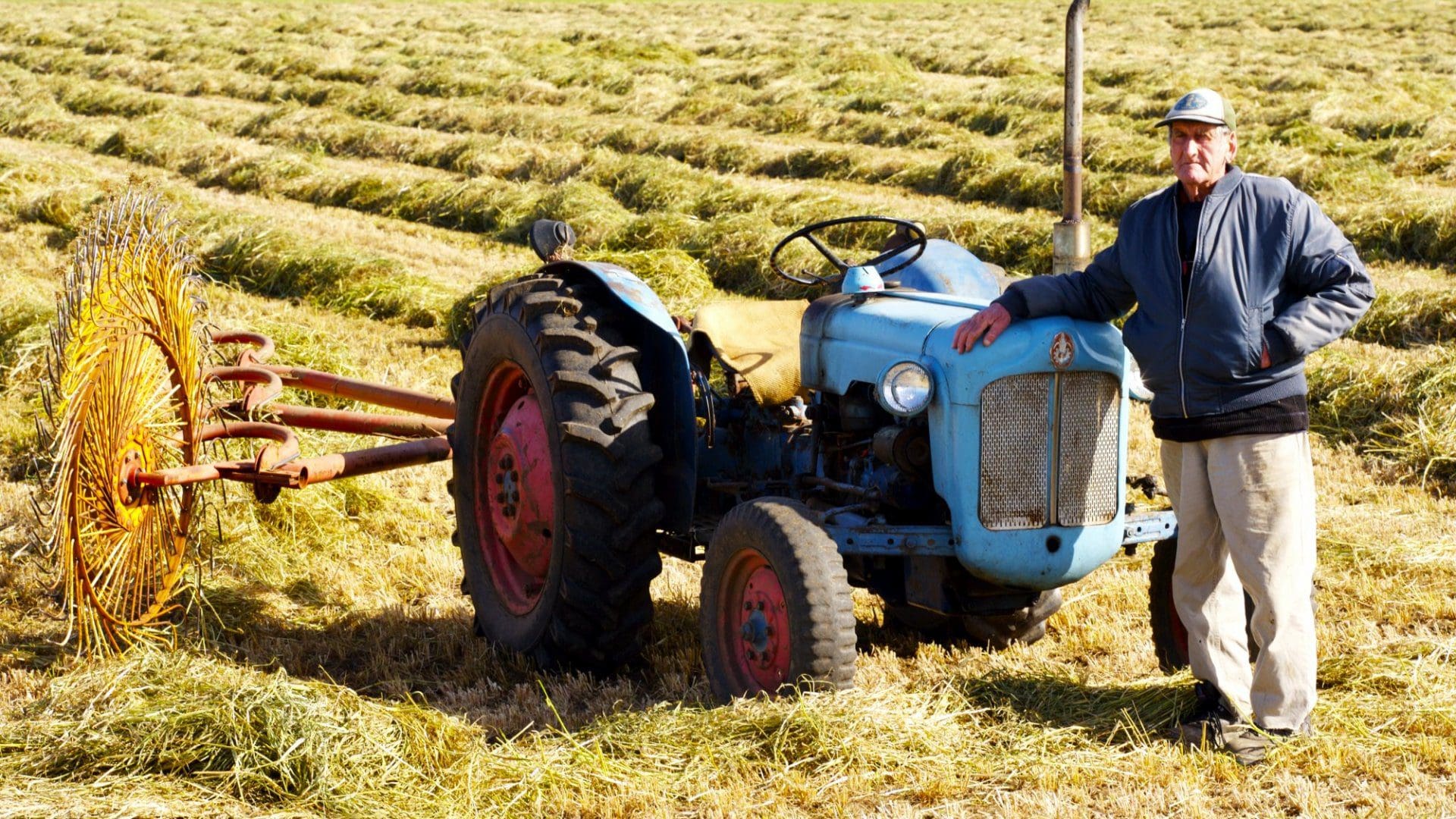When you think about your sales force, what kind of people do you have working for you: Hunters or Farmers? And what kind do you want? It depends on whether your growth is driven by new accounts or by growth in existing accounts, or a blend of the two.
Hunters are the kinds of sales people we think of when it comes to aggressive, money-oriented folks who thrive on landing new accounts (Hunters are “coin-operated,” which you can read about in my separate article). They truly enjoy the thrill of the hunt – and collecting the rewards for being successful when they score a big kill. Hunters are extremely valuable to any organization that needs to expand its account base or keep pace with any attrition you may experience.
Farmers, for their part, are far less aggressive than hunters at landing new deals. Rather they thrive on building relationships and working to establish deep connections inside of a customer’s organization. These are your account managers. They want to understand the problems the customer is experiencing so they can help solve them. While Farmers like to make money, it’s less of a factor than with Hunters. In fact, many Farmers may be even more service oriented than anything.
Since Hunters and Farmers each have their strengths, the best sales organizations usually have a mix of the two depending on the company’s goals and business model. That’s how you get a more balanced culture as well since Hunters tend to break a lot of china in order to land a deal at any cost while Farmers tend to be far more steady and reluctant to make waves inside the organization.
Because Hunters and Farmers are good at different things, you also need to compensate them differently.
With Hunters, you need to pay them a higher portion of their compensation in commission – perhaps as high as 100%, but certainly no less than 50/50 of salary and commission or you risk losing their aggressiveness.
Farmers, on the other hand, prefer a much higher percentage of their compensation to be salary with a small commission built in for exceeding their goals. For them, it’s about taking on less risk. They generally view what they do as more professional service and consultative.
The point is that you need to pay your sales people based on their strengths. Otherwise, you will get behaviors you don’t want. For example, avoid paying a Hunter like a Farmer by, say, awarding them a commission long after they have made a sale – or you will end up with Farmer as a result.
So what’s the right mix of Hunters and Farmers for your business? Oftentimes, it’s a healthy do mix of the two. When you have a balanced sales staff, you can both penetrate new accounts with Hunters and then propagate them and expand their business with the help of Farmers.
If you find that your business isn’t landing enough accounts, therefore, you probably need to bring on more Hunters. More Hunters is appropriate with a transactional business without longer-term relationships. If you lose accounts soon after you have signed deals, you might need more Farmers to help cultivate deeper relationships inside your customer’s organizations. Farmers should dominate when you have a limited number of larger customer and maintain long-term relationships.
If you find the ideal mix of Hunters and Farmers inside your sales organization, you’ve also found a good way to ensure that you company is on track to both grow the number of new accounts you serve but also the amount of business you do with each and every client. That’s a win-win in anyone’s book.



